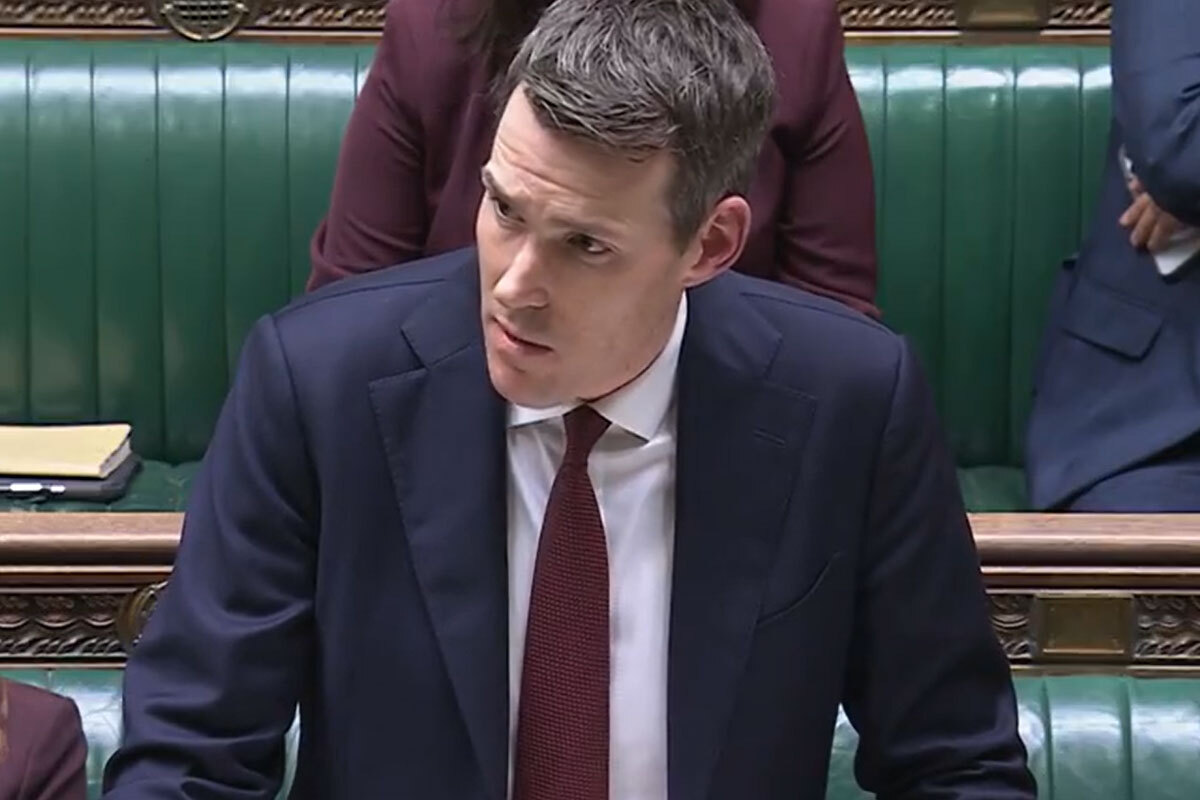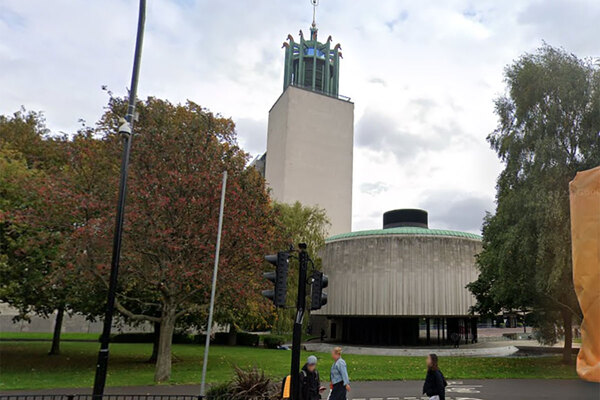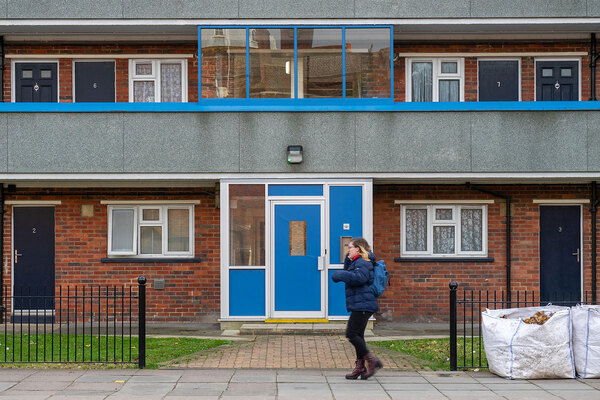You are viewing 1 of your 1 free articles
Rent in advance limited as Renters’ Rights Bill heads to House of Lords
The Renters’ Rights Bill completed its passage through the House of Commons on Tuesday with amendments including a limit on how much rent a landlord can request in advance.

The government said that millions of renters would “reap the rewards of greater security in their homes” as the legislation had its report and third reading on 14 January.
A total of 440 MPs voted to advance the bill on Tuesday night, with 111 voting against. It now heads to the House of Lords and is expected to come into force this summer.
Housing minister Matthew Pennycook set out new amendments to the bill, which has already pledged to abolish Section 21 ‘no-fault’ evictions and extend the Decent Homes Standard and Awaab’s Law to the private rented sector.
The government’s new changes include limits on how much rent a landlord can request upfront alongside a security deposit of five or six weeks’ rent.
Mr Pennycook told MPs that “demands for extortionate amounts of rent in advance put undue financial strain on tenants”.
A new clause will limit the amount of rent that a landlord can acquire to a maximum of one month. If a landlord or letting agent invites or encourages such a payment, they could face local authority enforcement action and a fine of up to £5,000.
Meanwhile, landlords would no longer be able to include any terms in the tenancy agreement that require rent to be paid early. However, tenants retain the flexibility to make rent payments in advance if they wish.
“Tenants can be certain that the financial outlay to secure a tenancy will not exceed the cost of a tenancy deposit and the first month’s rent,” he said.
“It would thereby reduce the barriers that stop tenants moving from sub-standard or insecure housing,” he added.
Another change will safeguard bereaved guarantors, who are often family members, from being forced to pay rent for the rest of the tenancy where a loved one has died.
Further amendments include a rule to discourage landlords from pressuring students into early commitments for the following academic year.
Mr Pennycook said he would end the “arms race in which students are pressured ever earlier in the year to enter into contracts for the subsequent academic year”.
The bill will now prevent the use of possession grounds where a student tenancy was agreed more than six months in advance of the date of occupation, to act as a “strong disincentive” and reduce the practice of early sign-ups.
Mr Pennycook also moved to close potential loopholes in rent repayment orders (RROs), ensuring superior landlords can be liable for RROs if an offence has been committed even if the rent was not paid directly to them, but through an agent or intermediate landlord.
Fees paid by landlords will directly fund the creation and work of a private rented sector database and ombudsman, providing renters and landlords with access to a dispute resolution service.
Finally, new amendments give private registered providers an alternative route to obtain possession for redevelopment and moving a tenant on from accommodation used temporarily after they are moved out.
Landlords will need to provide alternative housing that is affordable, in a suitable location and not overcrowded, and this should be let as an assured tenancy or equivalent.
Landlords must also give prior notice to ensure they are fully aware the accommodation is provided for temporary use or is earmarked for redevelopment. Social landlords will also be required to pay removal expenses for social tenants.
The government expects that the need to use these grounds “will not arise often”, but where needed they will ensure “significant redevelopment work is not unduly delayed”, Mr Pennycook said.
Shadow housing minister David Simmonds said the changes would take away the opportunity for landlords to make allowances for financially riskier tenants, such as those with a poor credit record, through rent in advance. “That locks those financially vulnerable people out of the rental market,” he said.
He added that the bill “creates enormous obligations on local councils, one of the biggest additional sets of burdens and expectations in generations, but as yet no real clarity about how that will be resourced”.
Ben Twomey, chief executive of campaign group Generation Rent, said the bill needed to go further to address affordability. He said: “Putting a stop to landlords demanding more than a month’s rent in advance will help many renters avoid falling into debt and poverty.
“But renters across the UK are facing soaring rents which are far outstripping our earnings. Despite this, there are very few measures in the bill to give us the breathing space we need from the cost of renting.
“We hope the government at least brings forward the amendment to introduce rent caps within tenancies to limit how much landlords can hike the rent on their tenants. Without this measure, many landlords will use rent hikes as a Section 21 eviction in all but name.”
Meanwhile, a coalition of lobby groups representing landlords including the National Residential Landlords Association and the British Property Federation warned that the amendments were “neither practical nor responsible”.
They said: “The government’s proposed changes risk making access to rented housing harder for the very people we want to support.
“Limiting rent in advance, combined with frozen housing benefit rates and not enough rental housing, will make it all but impossible for those with poor or no credit histories in the UK to prove their ability to sustain tenancies. This includes international students, workers from overseas and those employed on a short-term or variable basis with an income that fluctuates.”
Sign up for our regulation and legal newsletter
Already have an account? Click here to manage your newsletters











